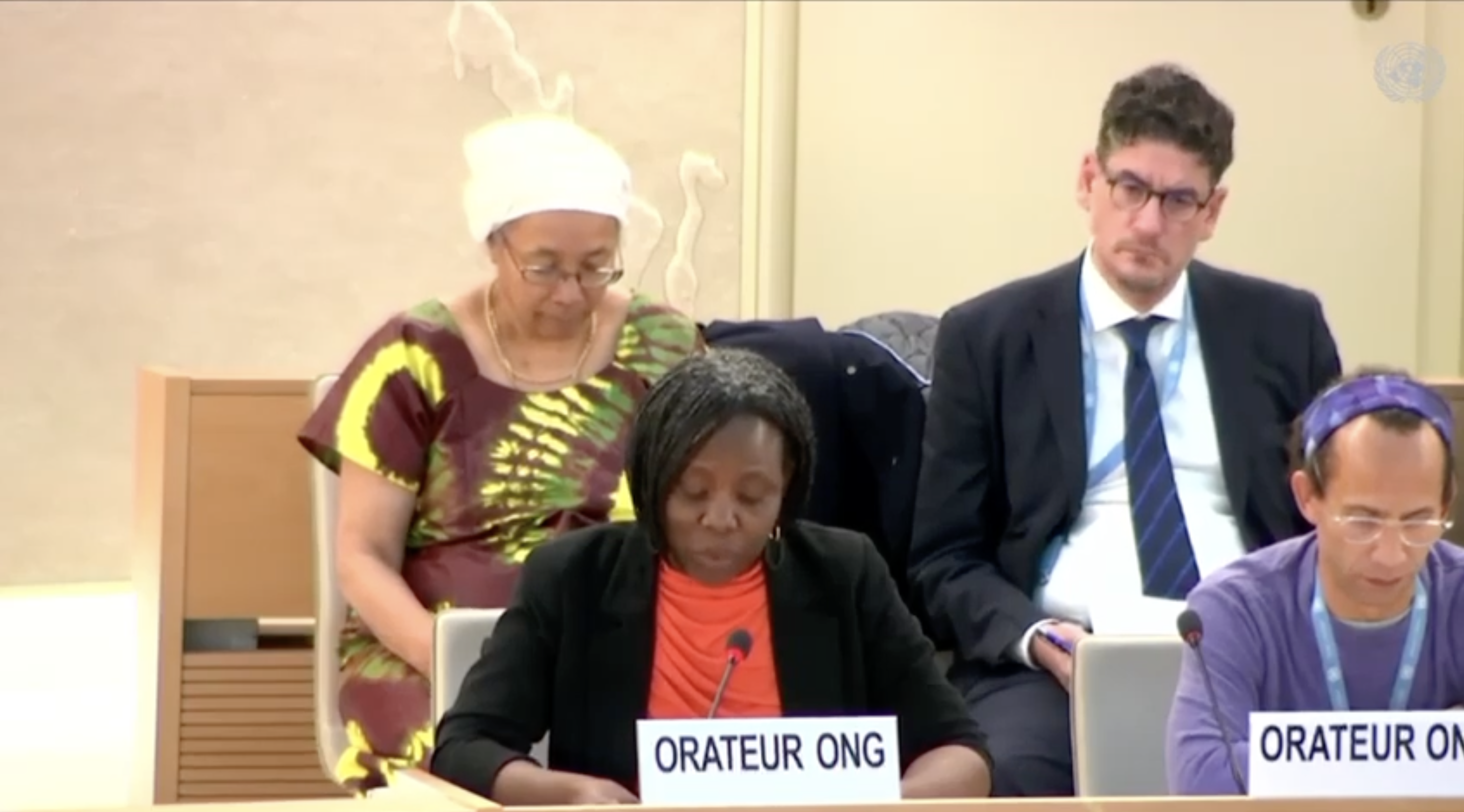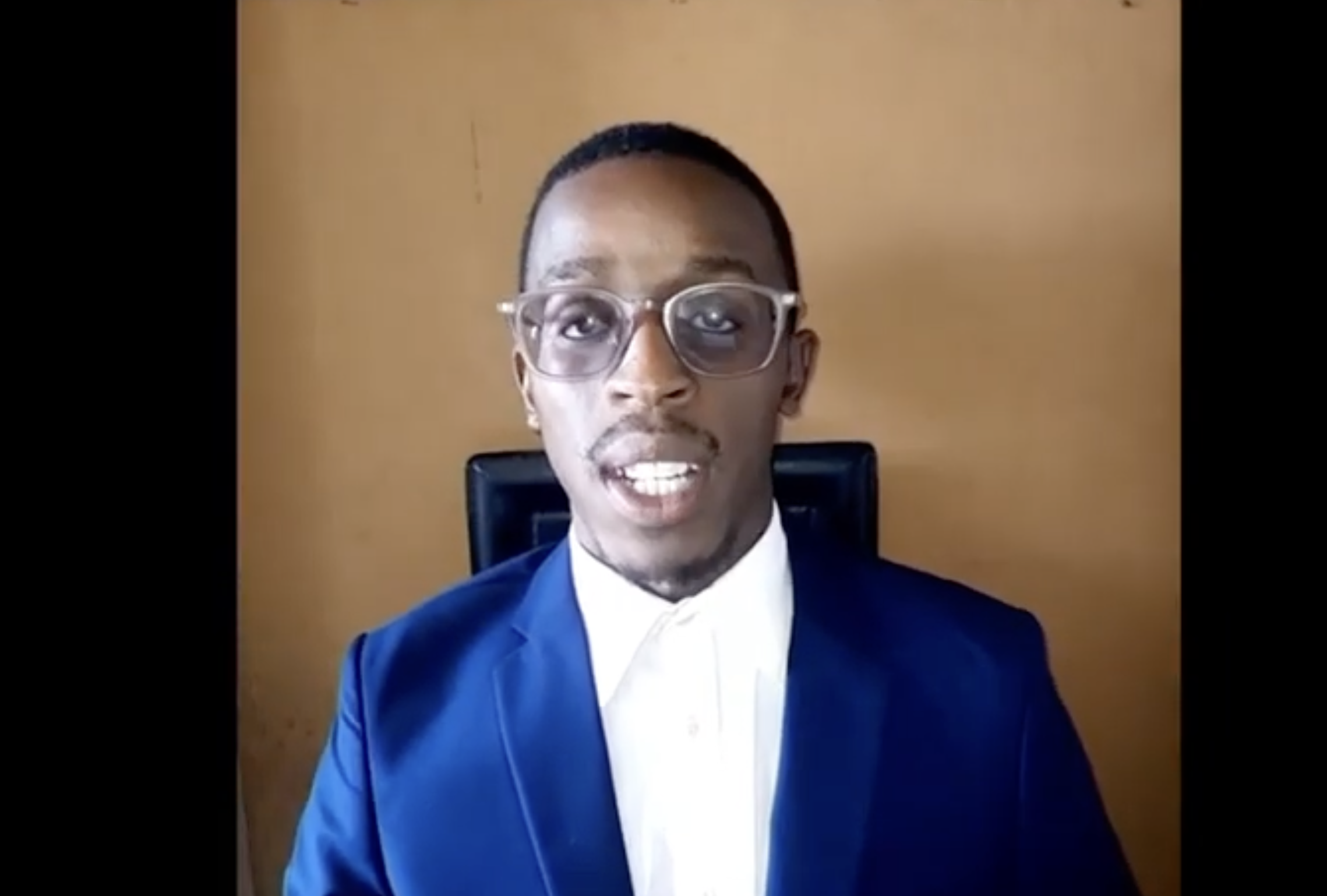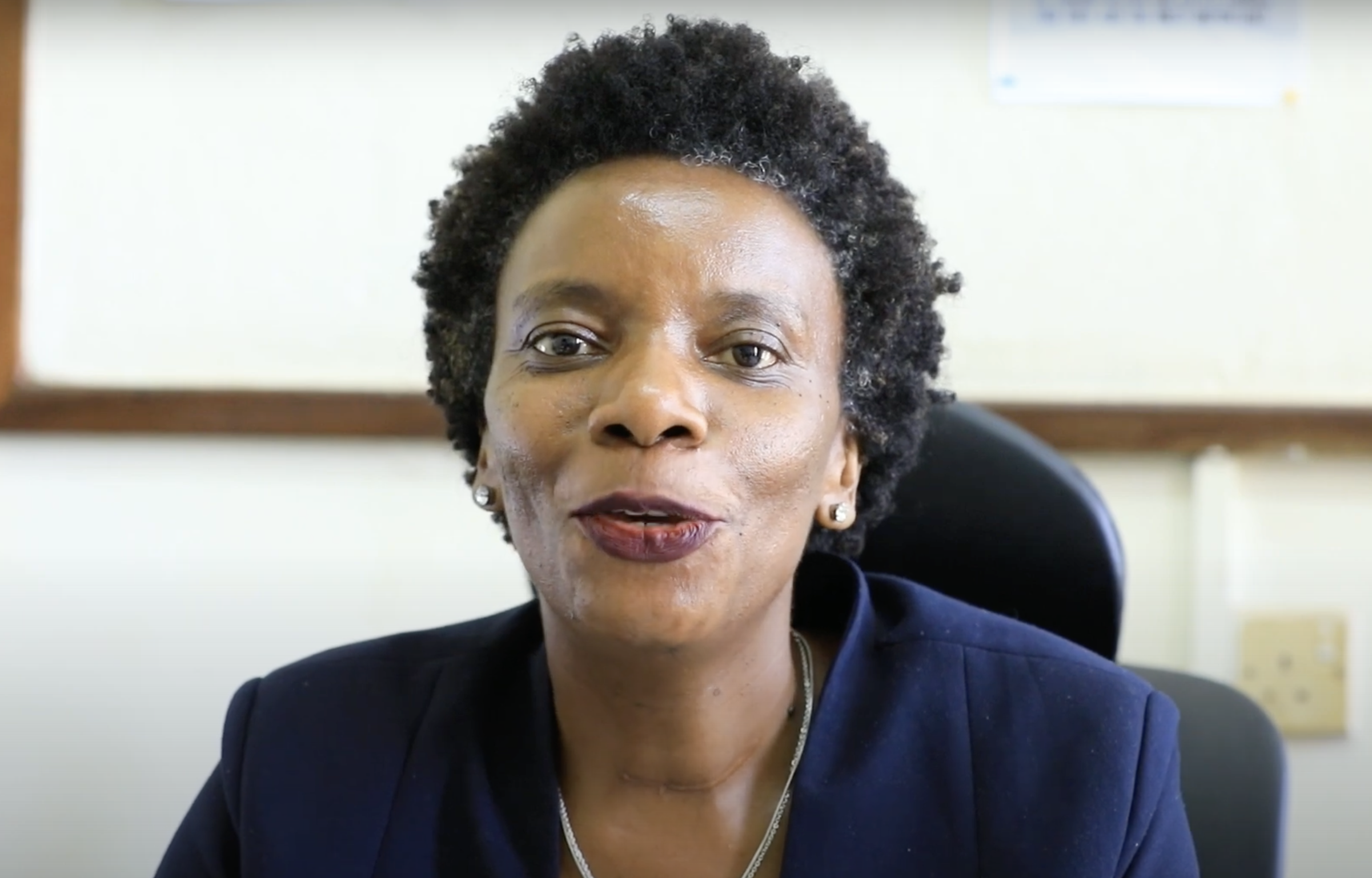By: Beatrice Serra/GICJ

Despite the country’s Rapporteur recognized the efforts made by South Sudan in drafting new positive legislations and provisions for greater inclusion of women and girls in government, widespread atrocities against them, such as unlawful killings, torture and other ill-treatment, sexual violence, arbitrary arrest and detention are still major problems that South Sudan is facing. Further to this, women’s full participation and inclusion in public and political sphere is still far from being achieved.
South Sudan’s participation to the 80th Session of the CEDAW represents an historical moment which indicate a strong willingness in engaging in a process that not only aim at protecting and promoting human rights of women, but it also recognizes them as an indispensable component for development, peace, and inclusive society. South Sudan’s efforts are even more appreciated considering the challenges posed by the post-conflict environment that along with COVID-19 has exacerbated gender-based violence. It is crucial that women have an active part in the society to overcome and reconstruct the years claimed by conflict. Women voices and human rights are at the base of such advancement.
According to the CEDAW, it is crucial that transitional justice processes in the State party address the gender causes and consequences of the conflict on women and girls, as well as actively involve them in such processes. In this regard, the CEDAW welcomed the establishment of the hybrid court to investigate and prosecute serious war crimes, including conflict-related sexual violence. South Sudan should increase its efforts in providing remedies and reintegration programs for all the victims of armed groups, guaranteeing them justice without delay.
South Sudan is aware that new legislation and provision is not enough to eradicate tradition and deep-rooted GBV. That is why, South Sudan is increasing its effort in training judges and competent personnel, including prosecutors and investigators, to deal with GBV cases, being aware that professionalization in such area is crucial. Regarding plans and program able to modify cultural practices, Ms. Eluzai pointed out that the review of the legal framework ongoing in South Sudan aims at covering the existing gaps as to offer a solid foundation to eradicate cultural harmful practices and violence.
The Committee congratulated South Sudan on some major achievement in prohibiting harmful practices which violates women’s dignity, such as early marriage, enforced circumcision, sexual abuse and exploitation, rape, incest, and FGM. Nevertheless, mechanisms and specialized protection institutions to prevent and address such practices are not functioning yet and the anti-gender-based violence bill has still to be presented in the Parliament. In the meantime, such practices are widespread in the country also due to parallel customary laws and practices which apply over the official legal framework. Normalize the protection of violence against women while holding perpetrators accountable should be a priority. In this regard, South Sudan pointed out that lot of awareness has been disseminated to end harmful practices, especially child marriage. In addition, South Sudan is working to have women operating in the special protection unit to make women and girls feel safer in reporting violence or abuses. Being aware that the penal code prohibits but does not criminalize marital rape, the anti-gender-based violence bill provide for its criminalization. The country is also collaborating with international organizations to advance the training of police and medical personnel involve in GBV; civil society organizations have also been involved to assure that women’s and girls’ right are heard.
As highlighted by the Committee, the advancement and empowerment of women and girls in South Sudan requires the establishment of a reliable well-functioning and resourced national machine is fundamental: the lack of resources and funds of the Ministry of Gender, Child and Social Welfare undermines such purpose, including women’s access to basic services and equal opportunities. South Sudan should address such gap while assuring anticorruption measures. In this regard, the delegation of South Sudan referred to the involvement specialists who advise on how develop an agenda gender sensitive budget. Additionally, parliamentarians are being trained to ensure gender sensitive budgeting is adopted as a culture in the country.
The CEDAW Committee expressed concerns about women’s and girls’ access to education, being mainly worried about the high level of illiteracy which makes the inclusion and empowerment of women in all spheres of the society hard to overcome. Despite South Sudan recognize education as a pillar of development and establish free and compulsory primary education, in 2018 the country registered 2.2 million of children out of school, 65% of which were girls. In this regard, South Sudan is implementing a plan to retain girls in classrooms, as well as provide them with funds and school essential tools while supporting the families. Such program has increased the enrolment and retainment of girls in school.
Despite the lack of funding and resources during this complex transitional phase South Sudan is going through, the country is willing to make improvements in every sphere of women empowerment and gender equality. The CEDAW Committee thanked the South Sudan delegation for the contractive dialogue and providing clear answers. Such dialogue represents only the first step towards gender equality within South Sudan.
Geneva International Centre for Justice encourages the Republic of South Sudan to increase their efforts in promoting and protecting women’s rights. Considering the difficult circumstances of conflict along with COVID-19, South Sudan should develop new regulations and measures as well as guarantee the implementation of existing ones to guarantee women’s and girls’ voice are heard and their rights protected. To advance the country towards peace, development and justice, women should be involved in every sphere of social and political life, especially decision-making process. We urge South Sudan to take any necessary step to eradicate deep-rooted harmful practices that violates women’s dignity and undermine their self-fulfillment and equal opportunities within the society.
Justice, Human rights, Geneva, geneva4justice, GICJ, Geneva International Centre For Justice












